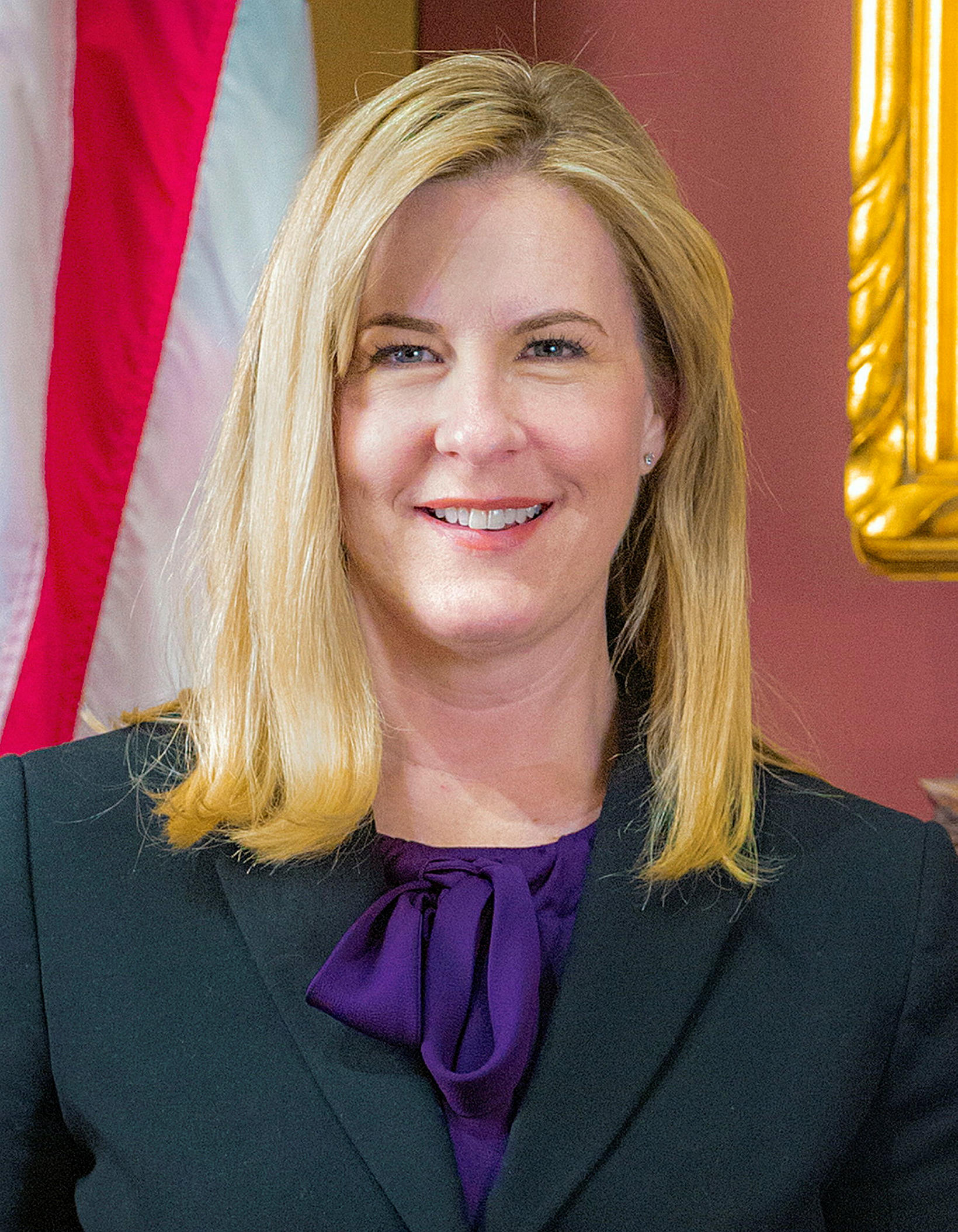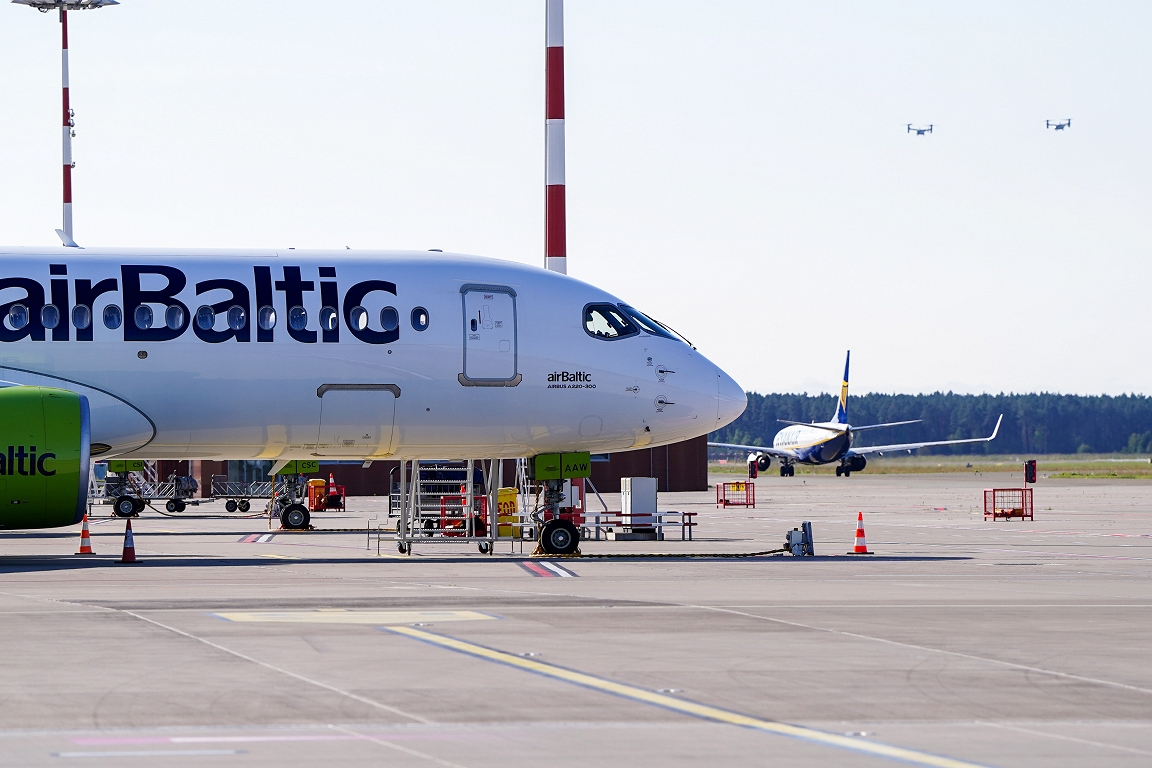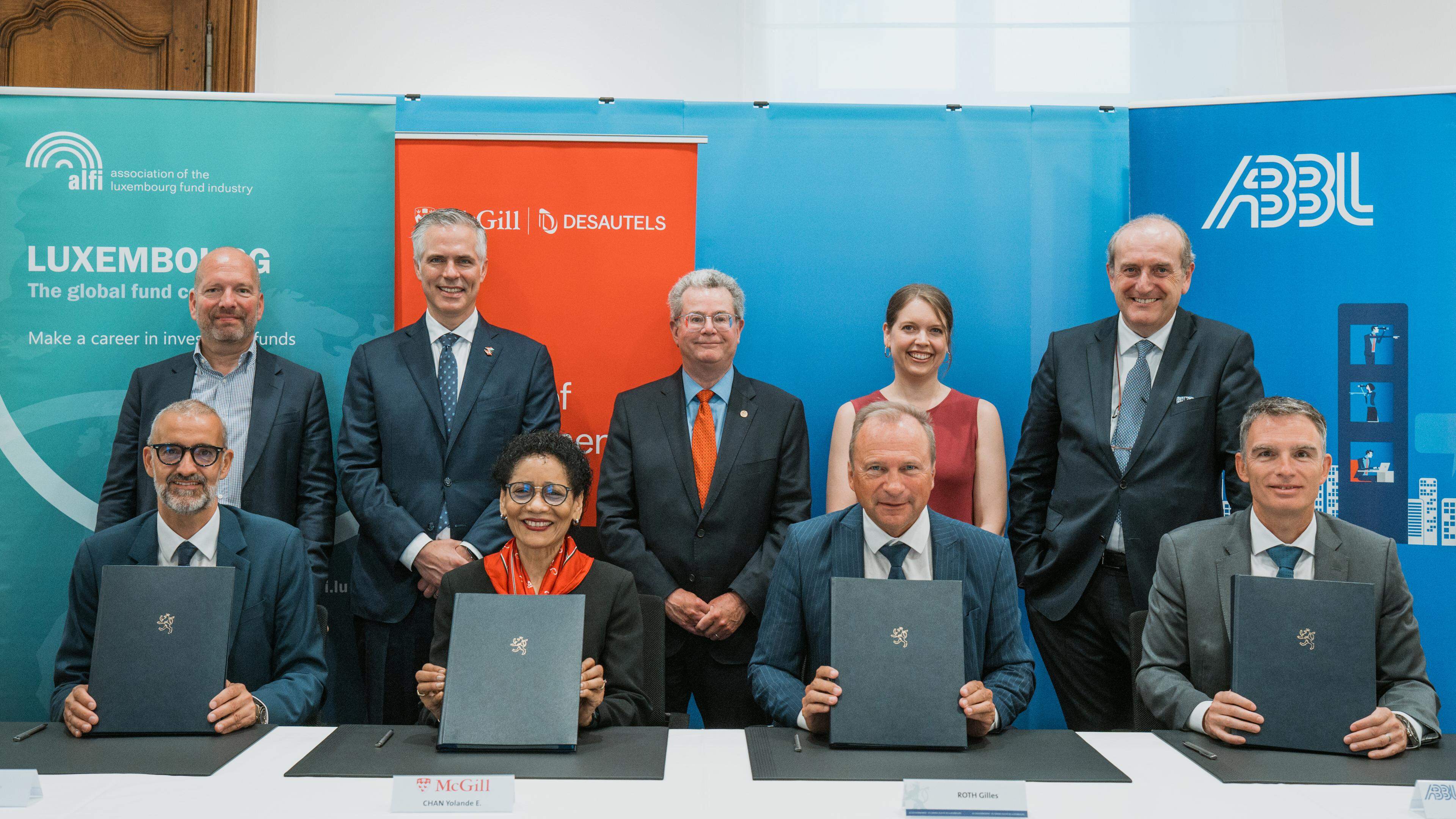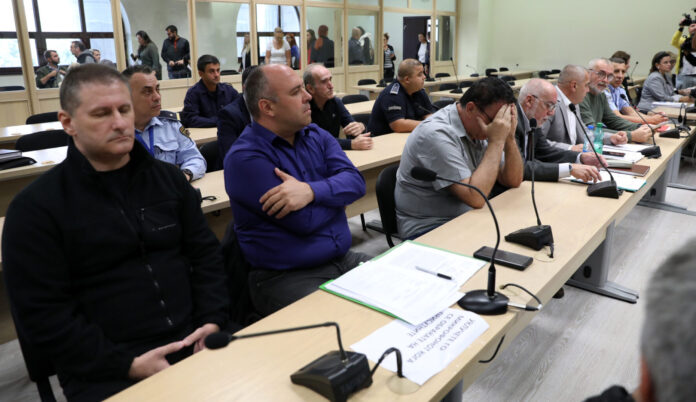‘Tight’ vacation for Greeks: over half they don’t leave this summer

The Consumer Retail Research Institute (IELKA) It conducts a rolling consumer research on topical issues, with a sample of 800 consumers from all over Greece. The latest survey was conducted in June 2025 and concerned a number of issues in relation to consumer and buying behavior on the summer vacation.
According to the results, The majority of respondents (52%) do not plan to vacation in the summer of 2025which may reflect either financial pressure or other personal restrictions. However, 48% intend to vacation, 33%, even limited, 14% say they will travel as every year and 1% more days. Of those planning a holiday, most (38%) estimate that they are absent for 8 to 14 days, and 24% for 4 to 7 days. The average vacation time for those who eventually travel is 11.3 days, which confirms the trend for restrained escapes.
The majority of the public select the holiday homes, either hospitality (31%) or accommodation (23%). 21% selects accommodation in rented rooms and only 7% of hotels (6% without nutrition and 1% full nutrition), which is an indication of the possibility of financial response from Greek households to the alternatives. Finally, 5% select Camping and 5% chooses trip abroad. In general, a Greek public’s intention is recorded for more economical holiday solutions in order to save money to make a trip, or to extend its duration. The most costly options, such as All Inclusive hotels and cruises, raise extremely low rates. In terms of destinations, mainland Greece near coastal areas concentrate the majority (60%), followed by the islands (28%). The mountainous mainland is an option for 12% of travelers, while 9% are examining holidays abroad. The findings indicate a clear shift to domestic and more affordable destinations and avoiding ferry tickets.
Consumers seem to adopt more economical solutions, with 50% saying they are often cooking on vacation and 62% systematically visiting supermarkets or mini markets, probably in an effort to save money from focus. At the same time, 71% visit bakeries and bakeries. As soon as 21% say they never cook, it is of particular importance that more than half (53%) say they prefer to buy local products, supporting the local economy and possibly seeking authentic but affordable flavors. Overall, a holiday image is shaped with an emphasis on expense control and enhancing nutritional self -sufficiency.
Participants say they spend on average 24 euros for tourist items and 25 euros for non -tourist items (such as clothes, home items or technology products). In contrast, significantly increased costs on food food, which amounts to 153 euros. Overall the expense exceeds 200 euros. This finding indirectly confirms the tendency to cook on holiday and the intensive visit to supermarkets and ovens mentioned above.
61% of the public say it will reduce this year’s cost of purchases. 68%of respondents say that reduced income is the most decisive restriction, followed by the increased cost of tickets (32%) and accommodation (30%). The rise in catering costs (22%) and fuel (16%) also affects, though to a lesser extent, suggesting that travelers mainly avoid distant travel and home consumption. The above factors interpret the shift to more economical forms of hospitality, market restriction and increased preparation of meals in the accommodation, confirming the general spirit of economic moderation that now inspires holidays.
Finally, in relation to the points of sale, 60%of respondents say they supply food from ovens and bakeries, while high rates are high (48%) and small (43%) supermarket chains. At the same time, the 32% of the mini markets are noteworthy. In general, in the summer, a significant presence of the local market in consumer choices, to a greater extent than measurements of the rest of the time, appears in the summer. In a way a hybrid consumer attitude is recorded: on the one hand, the holidays are made with economy and attention, but on the other hand, the desire for fresh and quality local products is maintained and access to that is available in every area. In general, it appears a consumer profile that boosts local economies through food markets during the holidays.
In summary, the findings capture a clear tendency to save money on this year’s holidays, as a result of reduced income and increased cost of travel and accommodation.
This trend is expressed through systematic preparation of meals in the residence, avoiding catering expenses and the intensive market for food from supermarkets, ovens, fruit shops and other local businesses. Despite the restriction on total costs, the strengthening of small, local markets emerges in indirect but essential positive outcomes, creating a cycle of broader financial support for local communities in tourist areas.











